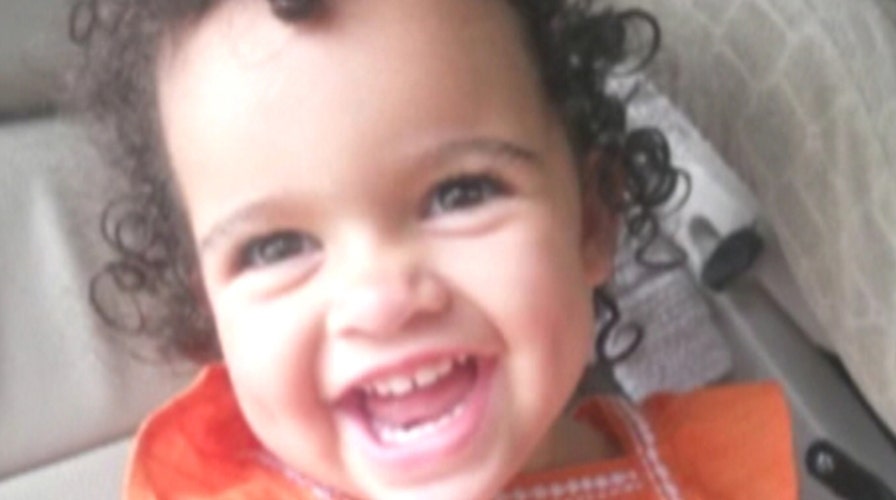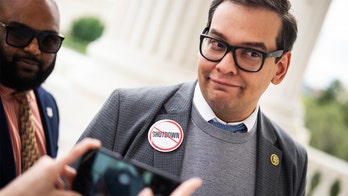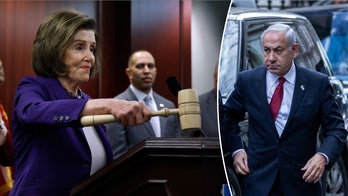A child-welfare law passed by Congress nearly four decades ago specifically to protect Native American children and preserve their cultural heritage is under attack from critics who claim the law is putting children in potentially dangerous situations that have led to abuse — and even death.
Enacted in 1978 to stop the widespread practice of removing at-risk Native American children from their biological families, the Indian Child Welfare Act (ICWA) — labeled the “gold standard” in child welfare by ardent supporters — in most cases gives tribes legal authority to rule on custody, and sets minimum federal standards for termination of parental rights, foster care and adoption.
But a wave of new opposition claims that while ICWA is noble in its intent, it’s been twisted into a legal power grab that comes at the expense of children.
In November 2013, for example, a Spirit Lake Sioux Tribe woman with a long history of neglect was sentenced to 30 years in prison after she threw her 2-year-old step-granddaughter down an embankment to her death. The little girl, named Lauryn, and her twin sister had been removed from a non-Indian foster family and placed with her grandfather and his wife, Hope Louise Tomahawk Whiteshield, after the Spirit Lake Sioux Tribe stepped in and invoked ICWA.
In recent months, several lawsuits have been filed challenging ICWA and other laws that allow children to be taken from foster parents to be brought back to their tribes. The lawsuits argue the laws violate due process by employing a race-based double standard that harms Native American children and strips them of the same legal rights given to others in the adoption or foster process.
“Children have become pawns in a political game,” said Timothy Sandefur, lead attorney at the Goldwater Institute, one of the groups challenging the law. Sandefur, who has two ongoing ICWA-related cases, claims the law overrules the standard of what's in “the best interest of the child.”
Supporters, though, contend ICWA is vital and should be kept in place to protect American Indian children from government-sanctioned practices that in the past have robbed them of their cultural heritage and forced them to assimilate into mainstream American society.
Fawn Sharp, president of the Quinault Indian Nation, described the criticism as "a strategic, well-paid, orchestrated effort to overturn ICWA."
“Any time someone wants to attack a statute, they scream it’s race based,” Erin Dougherty Lynch, an Alaska-based attorney with the Native American Rights Fund (NARF) told FoxNews.com, adding that describing ICWA that way is like “igniting a brush fire.”
Lynch and Matthew Newman, another attorney at NARF, said they’ve seen a significant increase in the number of challenges to ICWA cases brought by special interest groups. Lynch said the lawsuits largely were brought in response to new Bureau of Indian Affairs guidelines that sought to strengthen ICWA and make the statute more enforceable. The guidelines offered clarity to state courts on how ICWA should be applied, saying it should be consistent with the federal language.
"In response, a handful of interest groups and attorneys who have long been opposed to ICWA, have brought federal court challenges to the 2015 guidelines and the law as a whole," she said.
But the law’s critics claim that while ICWA is well intentioned, it also can put cultural interests in direct conflict with the best interests of a child.
“Unfortunately, ICWA elevated the interests of tribes above those of individual children, and it weakened the protections of children that state laws provide,” Clint Bolick, a former attorney and current Arizona Supreme Court Justice, wrote in 2015. “For instance, to terminate parental rights, it must be proven beyond a reasonable doubt that leaving the child in the home is likely to result in ‘serious emotional or physical damage’ – the same standard applied in criminal cases.”
As a result, Bolick believes many Native American children are “left in abusive homes and suffer grievous physical and emotional harm.”
The National Indian Child Welfare Association strongly disagrees.
“ICWA is designed to promote the best interest and unique needs of the Indian child. ICWA is not just considered good practice for Native children by experts and practitioners, but the principles and processes ICWA embodies were recently described by 18 national child welfare agencies as the 'gold standard' for child welfare practice,” the organization says on its website.
Another point of contention for ICWA challengers is that it allows tribes from anywhere in the country to intervene in adoption cases involving Native American children from those tribes. That means it would be perfectly legal for a tribe headquartered in Oklahoma to intervene in a child custody case in California and order the child to be sent to South Dakota to live with a new family.
“Because the law is so deferential to tribal authority, it elevates tribal authority to the same level as biological parents,” Sandefur said. “The law gives Indian tribes jurisdiction and violates the most basic principles of due process.”
Mark Fiddler, a Minnesota attorney who represented a South Carolina couple who had been forced to turn over a young girl they had raised since birth to her biological father because he was a member of the Cherokee Nation, argued that “for every other race, it’s illegal, it’s against the law to place a child on the basis of race in the United States. Except if your child is Indian.”
The case made its way to the U.S. Supreme Court which threw out a lower court order requiring the couple to turn over “Baby Veronica.” The Supreme Court said several provisions of the ICWA did not apply, in part, because her birth parents were not married and her biological father never had custody – Justice Samuel Alito also repeatedly noted the child was only 3/256th Cherokee.
In another recent case, a South Dakota court said the opposite, deciding the state had trampled on the rights of Native American parents and had “failed to protect Indian parents’ fundamental rights to a fair hearing.” In that case, Native American children were being forcibly and routinely taken by state workers from their homes. Parents were not allowed to see the evidence against them and many of the hearings — which resulted in Native American children being put in off-reservation foster homes — lasted less than a minute.
Sharp, along with a chorus of other Native American advocates, says the case for community should not be undersold and that the long-term benefits of keeping Native American children with relatives outweigh some short-term concerns.
Sharp said she has worked closely with several adults who had been taken from their tribes as children and then struggled as adults to find their identity and relate culturally.
“When you have historical trauma, a wound to the soul of your nation – unless you have gone through that, you will not understand it,” she said.





